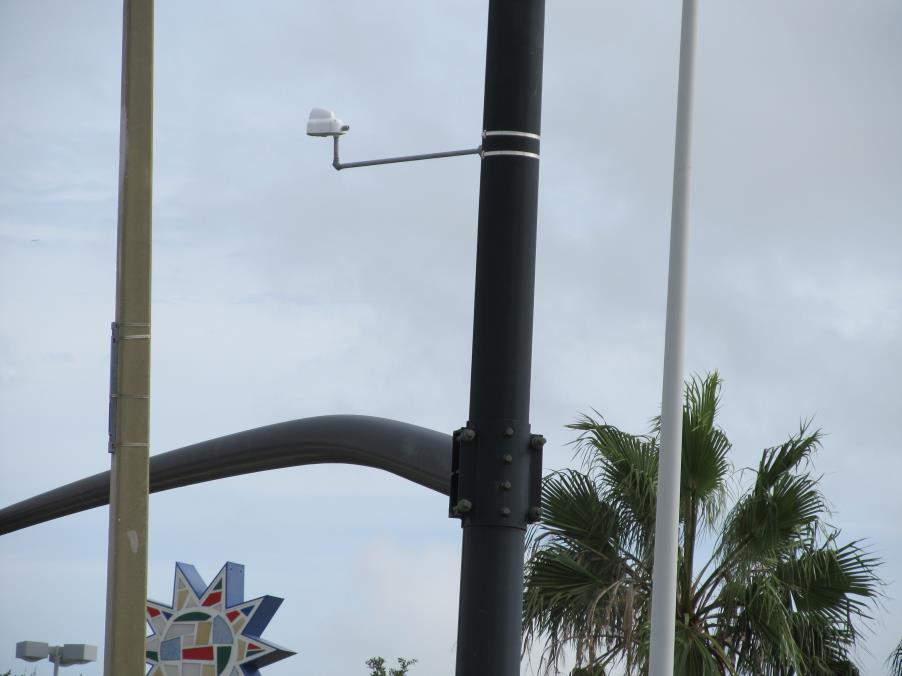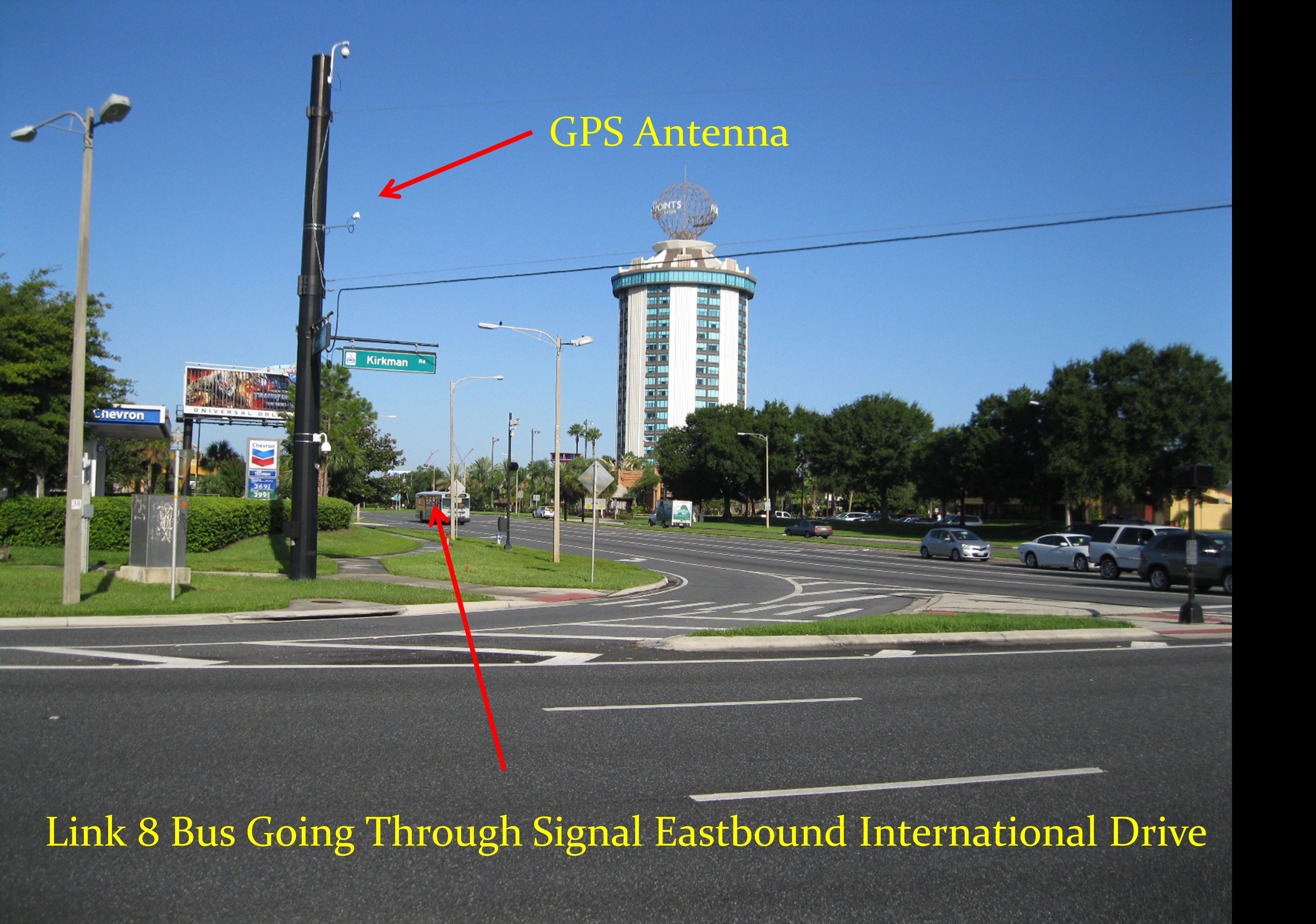Research Highlight: Performance Measurements of Transportation Systems Based on Fine-Grained Data Collected by AVI and AVL Systems (Florida International University, University of Central Florida)
Mohammed Hadi at FIU and Haitham Al-Deek at UCF are collaborating on a project focusing on the utilization of Automatic Vehicle Identification (AVI) and Automatic Vehicle Location (AVL)/APC for performance measurement and management. They are utilizing individual vehicle data collected by AVI systems as well as transit vehicle AVL data to demonstrate their use for the active management of highway system performance.
Performance measurement is an important component in the planning and operation of transportation systems. This is reflected in the MAP-21 legislation which emphasizes performance measurements, requiring states and local agencies to establish and achieve performance targets. Point traffic detectors have been deployed along freeway facilities, to measure speed, volume, and occupancy. The increased implementation of AVI technolgies has enabled the direct collection of travel time information. This replaces a system whereby information was estimated based on point measurements by traffic detectors. Transit agencies have used AVL technology to measure and manage the performance of their fleets. The goal of this project is to investigate the opportunities for more detailed and accurate transportation system performance measurements based on point detectors, AVI, and AVL data.
.jpg)
TSP Opticom equipped traffic signal cabinet at Fun Spot in the International Drive corridor in Orlando, Florida. Photo credit: Frank Consoli, City of Orlando
The project has compared the accuracy of AVI-generated performance measure assessments with those obtained using point detector technology. In addition, the project has compared the experienced versus instantaneous travel time allowing agencies to answer the question: “How sufficient is the dissemination of instantaneous travel time information to travelers without using travel time prediction under different conditions?” 
The project is currently investigating free flow estimation methods based on different detection methodologies. It's also evaluating innovative incident detection methods based on AVI data, estimating the location of the back of traffic queues based on combinations of technologies, and estimating traffic volumes based on AVI data.
At the same time, the project is evaluating Transit Signal Priority (TSP) based on AVL data. The main goal of this project's research is to evaluate the benefits of TSP on transit operations in terms of: improvement in bus travel time through International Drive (an actual corridor in Orlando, Florida) and bus adherence to schedule by reducing its travel time variability. Furthermore, this research will explore reduction in bus emissions which is expected to increase environmental sustainability. The research team has collected traffic data in the above corridor. It has also collected “Before” and “After” TSP on-board bus data as well as signal pre-emption logs, all to determine if conditional TSP improves transit schedule reliability and adherence. The “Before” study has been completed, while the “After” study is in-progress. Statistical analysis and comparisons between “Before” and “After” conditions are also being conducted. The TSP effectiveness will also be evaluated using VISSIM simulation. Sensitivity analysis will also be conducted using VISSIM. Several scenarios will be tested to optimize the amount of bus travel time delay that will trigger TSP. Signal operations and their effect on street crossing will be evaluated so as not to deteriorate operations for crossing street traffic while the TSP is being implemented. This research is expected to have important impact on bus patrons of a real-life transit corridor. With the help of TSP implementation in this real world corridor, it will be determined whether TSP provides more consistent travel times for the bus transit system in the International Drive corridor, can potentially increase bus ridership due to improvement in level of service, and increase environmental sustainability by reducing bus emissions in this tourists’ corridor.
The results of this study will be presented and discussed with FDOT, Florida Turnpike, Lynx, and City of Orlando. The International Drive corridor has 16 Lynx buses and 7 traffic signals equipped with TSP. The City of Orlando preemption logs were reviewed in both unconditional and conditional states, which verified that TSP was actually operational. Currently, conditional TSP only activates if the bus is at least 3 minutes behind schedule. VISSIM modeling will be performed to optimize this time in order to allow buses to adhere to their schedules and not affect traffic signal performance for traffic on crossing streets. Future TSP implementations will be located in downtown Orlando, including the East-West Lymmo project and the Parramore Bus Rapid Transit. Both will be TSP-equipped feeder systems for the Sunrail commuter rail and will be operational in 2014.

TSP equipped traffic signal at Kikrman road in Orlando, Florida. Photo credit: Frank Consoli, City of Orlando
Theme by Danetsoft and Danang Probo Sayekti inspired by Maksimer
